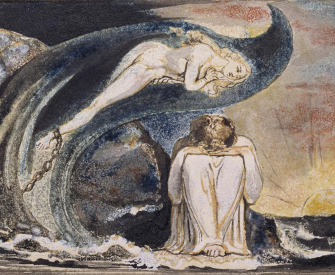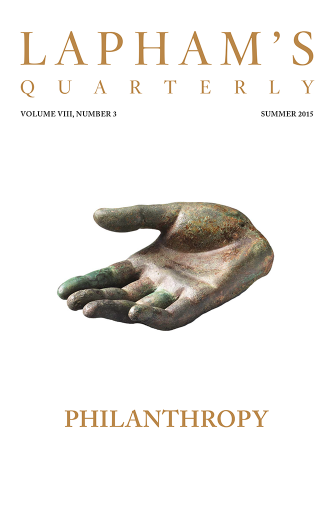My dear sir,
When I wrote to you last, I thought it probable I might not address you again soon—but this evening I will write because I feel in the mood to do so without, I trust, paining you.
My sister died happily; nothing dark, except the inevitable shadow of death overclouded her hour of dissolution—the doctor—a stranger who was called in—wondered at her fixed tranquility of spirit and settled longing to be gone. He said in all his experience he had seen no such deathbed and that it gave evidence of no common mind—yet to speak the truth—it but half consoles to remember this calm—there is piercing pain in it. Anne had had enough of life, such as it was—in her twenty-eighth year she laid it down as a burden. I hardly know whether it is sadder to think of that than of Emily turning her dying eyes reluctantly from the pleasant sun. Had I never believed in a future life before, my sisters’ fate would assure me of it.
There must be heaven, or we must despair—for life seems bitter, brief—blank. To me, these two have left in their memories a noble legacy. Were I quite solitary in the world—bereft even of Papa—there is something in the past I can love intensely and honor deeply—and it is something which cannot change—which cannot decay—which immortality guarantees from corruption. They have died comparatively young, but their short lives were spotless—their brief career was honorable—their untimely death befell amidst all associations that can hallow, and not one that can desecrate.
A year ago—had a prophet warned me how I should stand in June 1849—how stripped and bereaved—had he foretold the autumn, the winter, the spring of sickness and suffering to be gone through—I should have thought—this can never be endured. It is over. Branwell—Emily—Anne are gone like dreams—gone as Maria and Elizabeth went twenty years ago. One by one I have watched them fall asleep on my arm—and closed their glazed eyes—I have seen them buried one by one—and—thus far—God has upheld me. From my heart I thank Him.
I must go tomorrow to Bridlington and after I have been a week there, I intend to return home to Papa. May I retain strength and cheerfulness enough to be a comfort to him and to bear up against the weight of the solitary life to come—it will be solitary—I cannot help dreading the first experience of it—the first aspect of the empty rooms which once were tenanted by those dearest to my heart—and where the shadow of their last days must now—I think—linger forever.
From a letter to W.S. Williams. Raised in a parsonage amid the moors of Haworth, Brontë in 1839 refused marriage proposals from two reverends, later stating that “there is no more respectable character on this earth than an unmarried woman who makes her own way through life quietly, perseveringly.” She published Jane Eyre in 1847. Over the next two years, her brother Branwell and her sisters Emily and Anne all died, most likely from tuberculosis; two other siblings had died in 1825. Brontë died, while pregnant, in 1855, two years after publishing Villette.
Back to Issue





